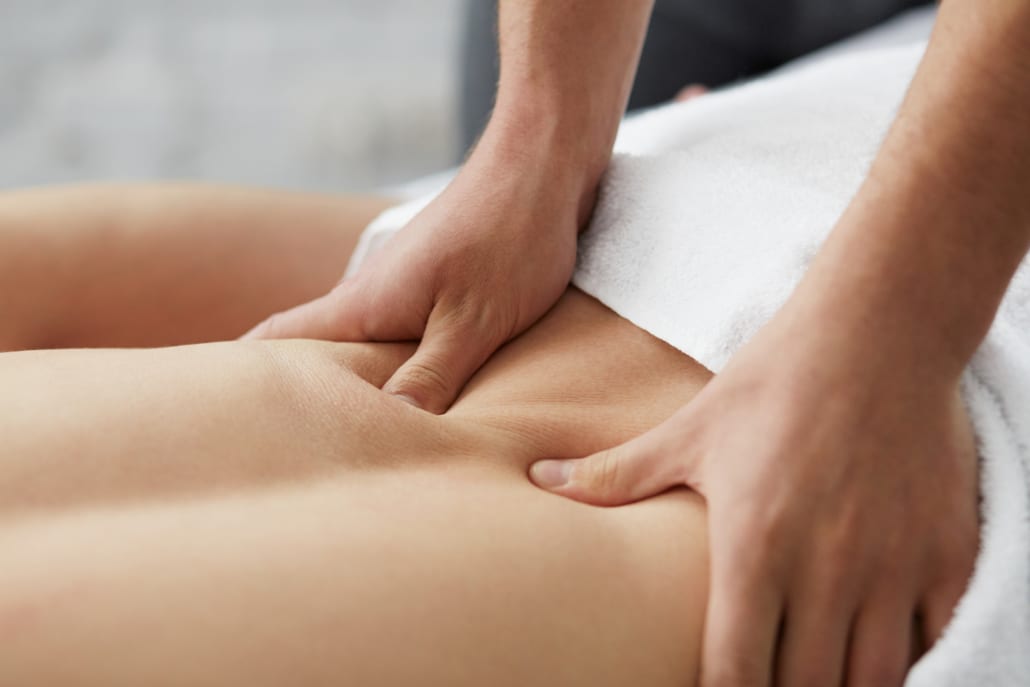The body is a supremely organised structure, capable of carrying out hundreds of different functions simultaneously. Activities such as movement and speech are ordered by the conscious brain, but the majority of processes are controlled subconsciously, leaving us unaware of them - unless they go wrong. When our body is not working in harmony, niggling symptoms begin to show. Headaches, insomnia and skin and digestive disorders are just a few of the outward signs of inner imbalance. If early signs are ignored, and their causes left unaddressed, then more serious problems may develop.
One of the main causes of imbalance in our modern lives is stress. This word means something different to everyone. For some, it may be dealing with the difficulties of a demanding job, while for others it may be the strain of caring for a young child or elderly parent. Each person's stress threshold is different and everyone has their own way of reacting to stressful situations. One may avoid company and brood, while another drinks and socialises with abandon to forget their troubles.
The word 'stress' is used in physics to describe the force or strain exerted on a material to determine its strength. The first person to apply this concept to the human experience was the pioneer Canadian researcher Dr. Hans Seyle, in 1936. He recognised positive 'eustress' as well as negative 'distress'. Eustress is the kind of stimulation that encourages is to achieve, change and develop new skills and strategies. Distress occurs when the stimulus is too overwhelming or long-term to manage and it can eventually cause physical and mental health problems. Today, the word stress is usually used in its negative, but we shouldn't forget that we need positive stress too.
Whatever its origin, stress causes important changes in all out body systems. Sudden trauma triggers the full 'fight, flight, freeze survival response, while the more common, ongoing stresses of everyday life increase our adrenaline levels more gradually.
Essential oils and stress
Essential oils work well for stress-related conditions, as they can relieve physical and emotional symptoms, helping to rebalance the whole person. The sense of smell connects with the brain's emotional centres, so various aromas can trigger feelings of calm, clarity and even euphoria.
Heating oils in a burner or vaporiser, or simply inhaling from a tissue, is another good way to benefit from their mood-altering properties.
Massage is an ideal stressbusting treatment that lets you benefit from the balancing effects of touch.
If massage isn't possible, an aromatic bath is a wonderful way to change your mood. Worries can disappear in the clouds of fragrant steam, and the body relaxes, leading to a good night's sleep.

Most of us cope with everyday stress levels adequately enough, but tend to suffer when additional, unexpected events occur. Long-term, and seemingly insoluble, problems can cause the most negative reactions. Some parts of the body, such as the heart, lungs, liver and major muscle groups, are stimulated by the changes that take place, while the digestive system, skin and kidneys begin to work less efficiently.
At the start of a stressful episode we're unlikely to notice much change, in fact, we may feel on a high, performing more effectively than normal. However, over a prolonged period, the body attempts to adapt to the changing activity of key organs, and this can have a domino effect on the body structures. Dr Seyle called this the 'general adaptation syndrome'. He slowed that the longer stress lasts, the more distorted the body's functions become, causing our health to deteriorate at an increasing rate, until physical or mental imbalance results.
This explains many common health disorders, such as tension headaches, some types of high blood pressure and irritable bowel syndrome, that are known to be stress related. In addition, feedback mechanisms between mind and body can help to maintain or intensify this state of alert, as we worry about real or imagined anxieties.
In a healthy, balanced body, the systems and organs work together to deliver the vital materials for energy, growth and reproduction to each cell. Recent research into the emotions has found that receptors for powerful, mood-altering chemicals, originally thought to exist only in the brain, are also located in many other parts of the body. This seems to show that a variety of cells can respond directly to our mental state. Ancient practices like Yoga and Chi-gong have been using mind/body techniques for centuries and many modern stress management methods, such as biofeedback, now take into account the mental-physical connection. The old saying, 'a healthy mind in a healthy body' now seems truer than ever.